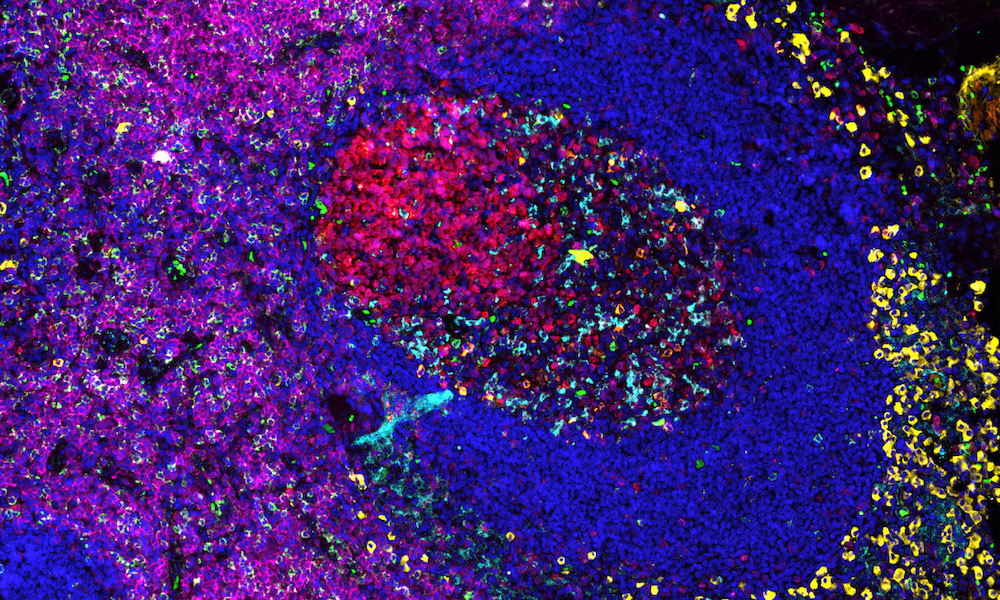
Teacher training
Upcoming training

Formerly known as European Learning Laboratory for the Life Sciences
Our inspiring educational experiences share the scientific discoveries of EMBL with young learners aged 10-19 years and teachers in Europe and beyond. We belong to EMBL’s Science Education and Public Engagement office.


Virtual LearningLAB

A virtual LearningLAB on the power of genome sequencing
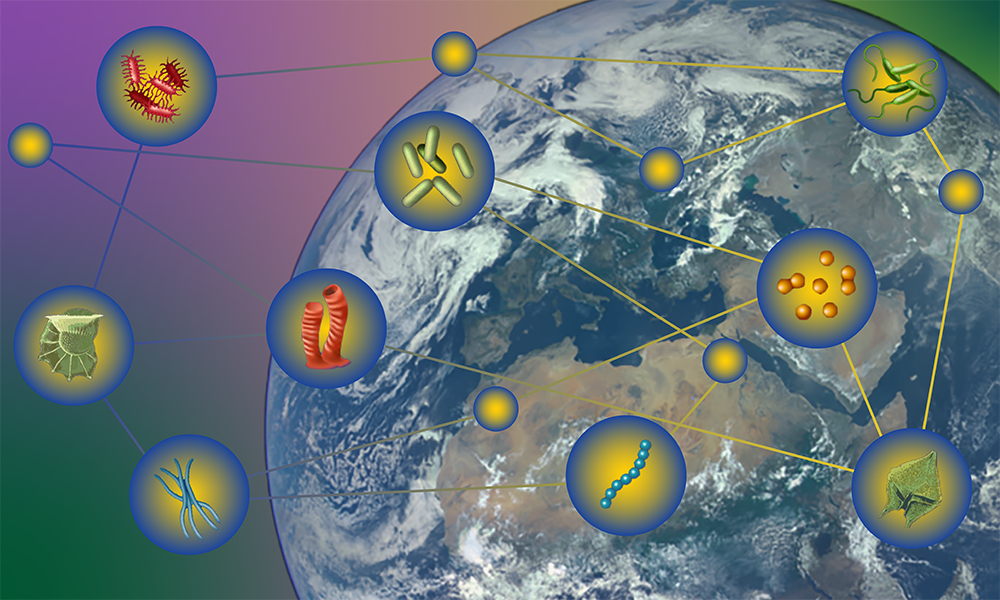
Explore research approaches towards exploring life in context
Providing current insights in the field of cell biology and tools for teaching the topic
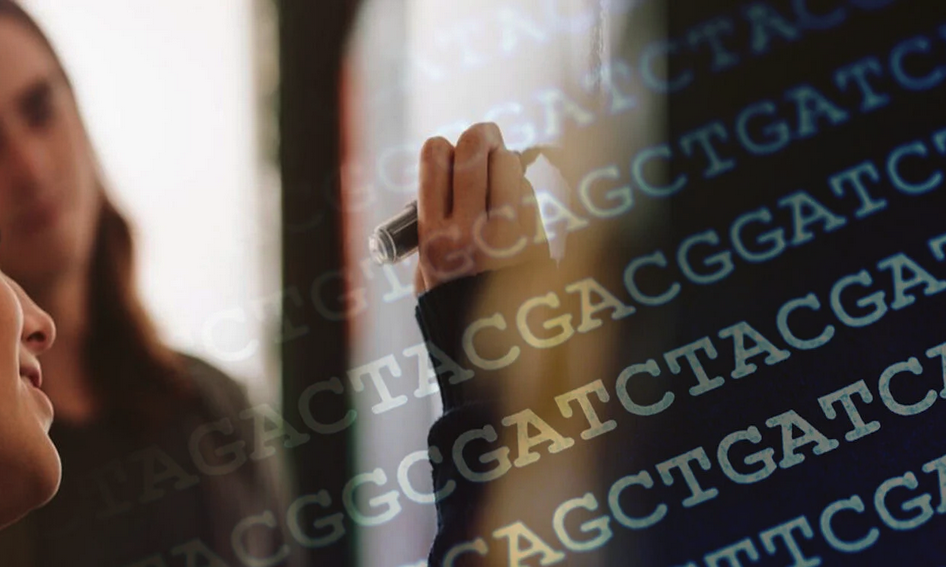
FutureLearn course on teaching genomics by Wellcome Connecting Science in collaboration with EMBL and STEM Learning UK
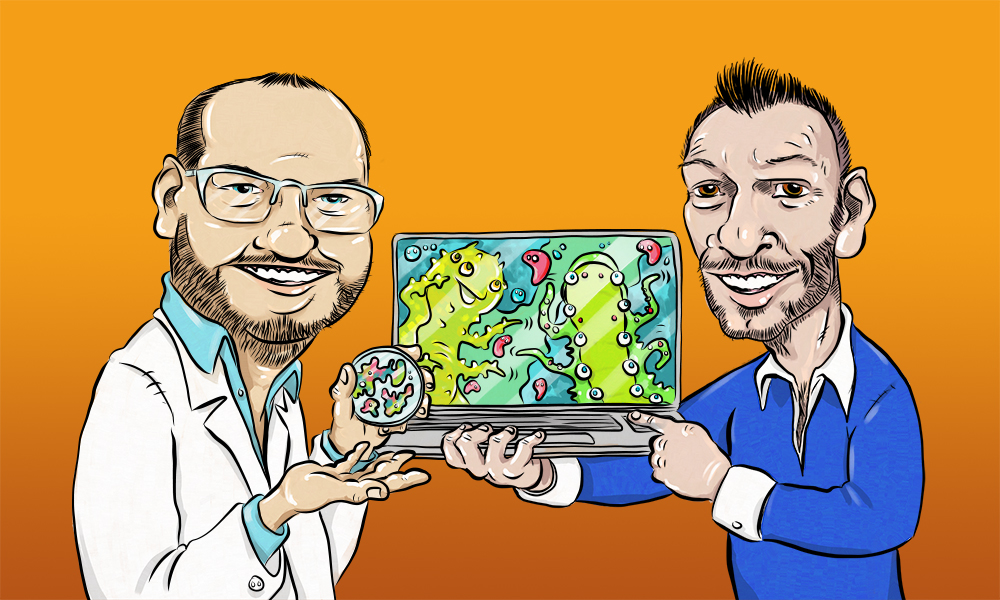
Exploring the latest research on the microbiome and presenting bioinformatics activities for the classroom

Providing insights into CRISPR-based genome editing techniques and discussing its teaching in the classroom.
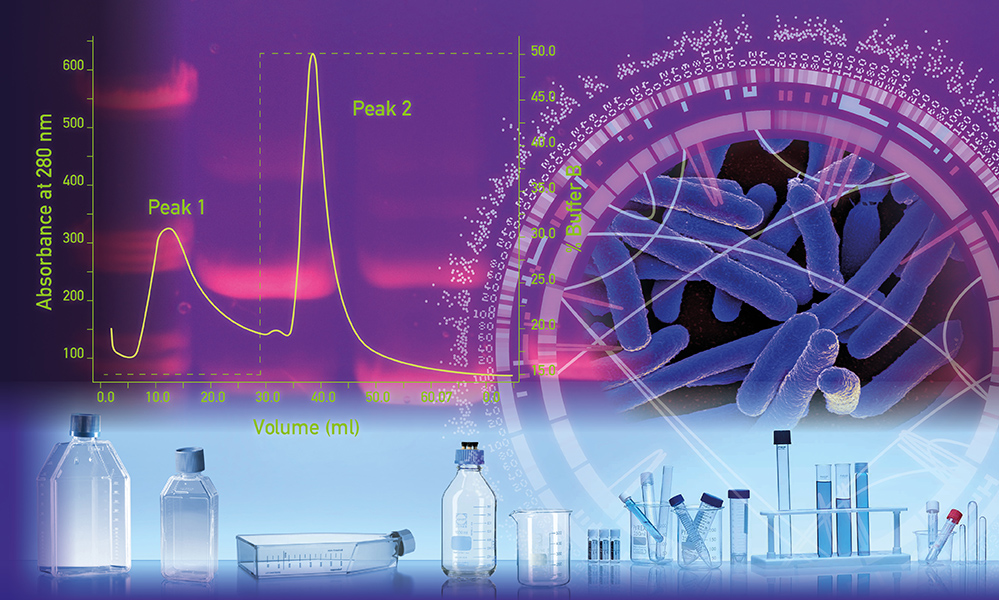
Providing insights into modern molecular biology techniques and discussing their teaching in the classroom
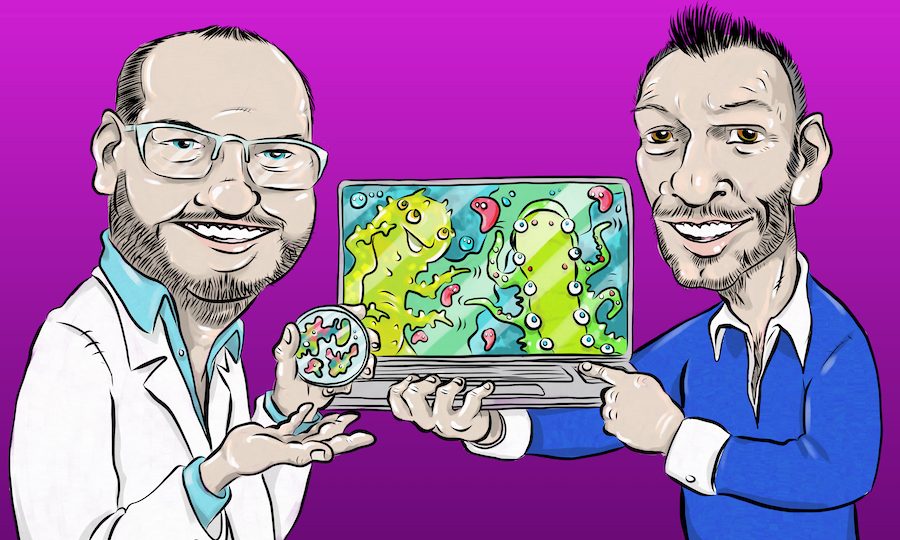
Providing insights into basic research of the human microbiome and examples of transferring microbiome research to the classroom
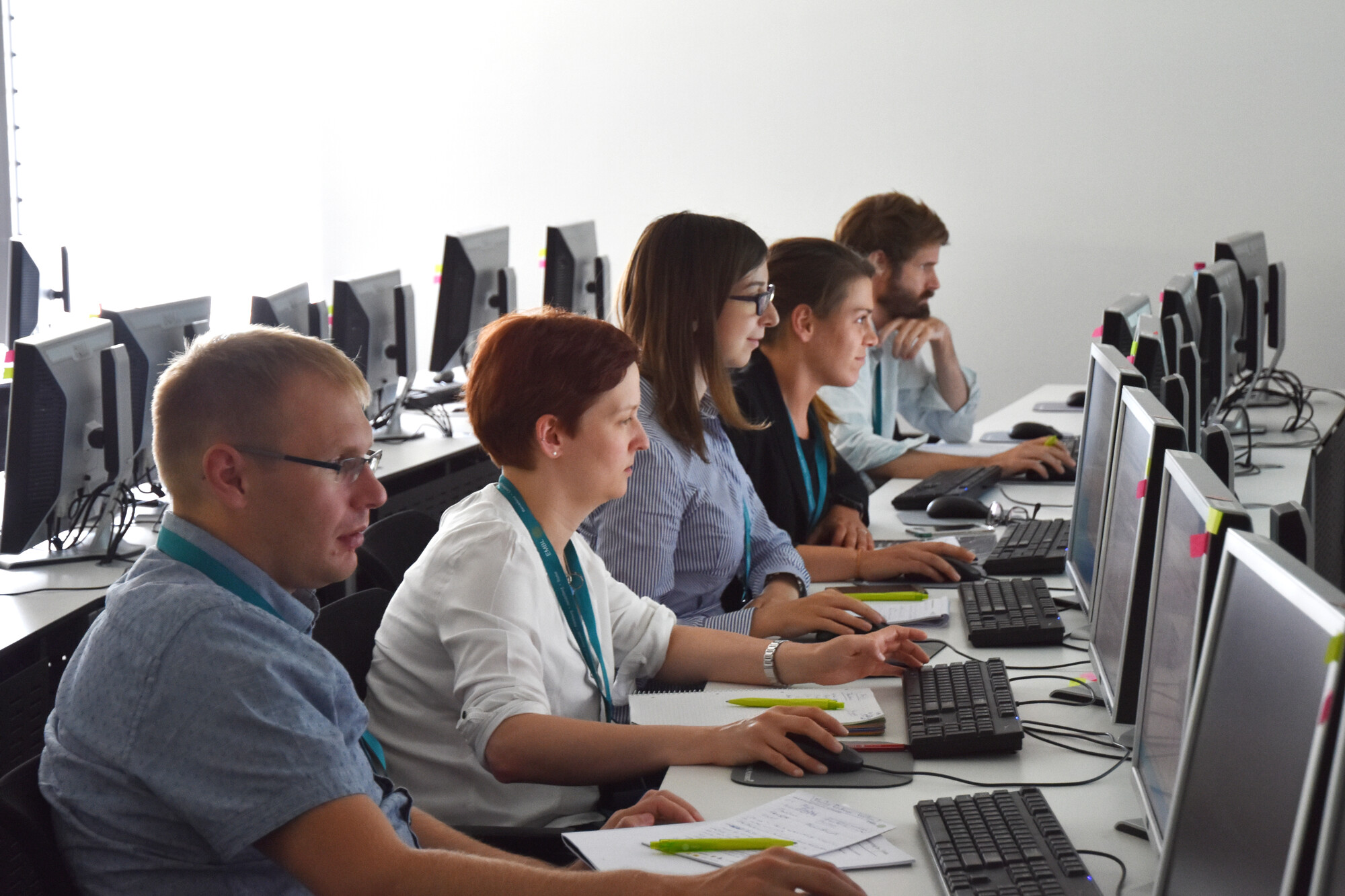
Offering insights into the most recent advances of genetic enginnering